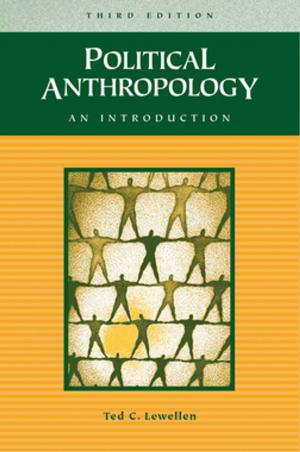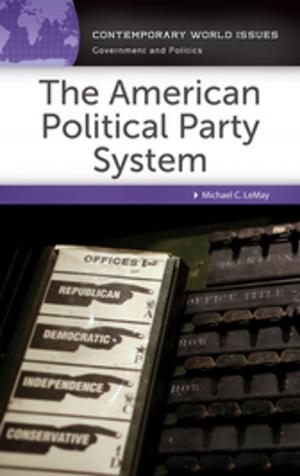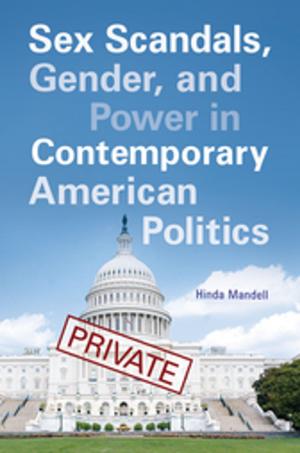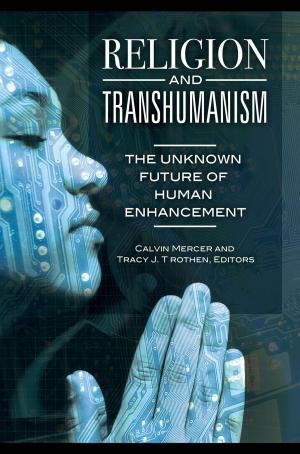Careers after Congress: Do Jobseeking Legislators Shortchange Constituents?
Nonfiction, Social & Cultural Studies, Political Science, Government| Author: | Matthew S. Dabros | ISBN: | 9781440840395 |
| Publisher: | ABC-CLIO | Publication: | May 18, 2017 |
| Imprint: | Praeger | Language: | English |
| Author: | Matthew S. Dabros |
| ISBN: | 9781440840395 |
| Publisher: | ABC-CLIO |
| Publication: | May 18, 2017 |
| Imprint: | Praeger |
| Language: | English |
Citizens, journalists, and watchdog organizations claim that U.S. Congress members serve special interest groups in return for lucrative jobs in industry once they leave office—and that these legislators become lax in their final term of office as they are no longer compelled by elections to provide quality representation to citizens. This book investigates the veracity of these claims.
• Offers a timely and fact-based perspective on the relationship between legislators and special interest organizations, one in which special interests constrain—not exploit—lawmakers' opportunistic proclivities
• Documents how the fear of diminished post-office employment opportunities compels legislators to supply quality representation rather than succumb to opportunism in the final term of officeholding and in the absence of electoral constraints
• Reveals that post-Congressional careers entail more than just lobbying through an up-to-date accounting of the career decisions of almost every senator and representative who left office between 2001 and 2011
• Investigates and identifies the major factors that prompt legislators to remain in public service, take up a career in lobbying or elsewhere in the private sector, or retire from work altogether
Citizens, journalists, and watchdog organizations claim that U.S. Congress members serve special interest groups in return for lucrative jobs in industry once they leave office—and that these legislators become lax in their final term of office as they are no longer compelled by elections to provide quality representation to citizens. This book investigates the veracity of these claims.
• Offers a timely and fact-based perspective on the relationship between legislators and special interest organizations, one in which special interests constrain—not exploit—lawmakers' opportunistic proclivities
• Documents how the fear of diminished post-office employment opportunities compels legislators to supply quality representation rather than succumb to opportunism in the final term of officeholding and in the absence of electoral constraints
• Reveals that post-Congressional careers entail more than just lobbying through an up-to-date accounting of the career decisions of almost every senator and representative who left office between 2001 and 2011
• Investigates and identifies the major factors that prompt legislators to remain in public service, take up a career in lobbying or elsewhere in the private sector, or retire from work altogether
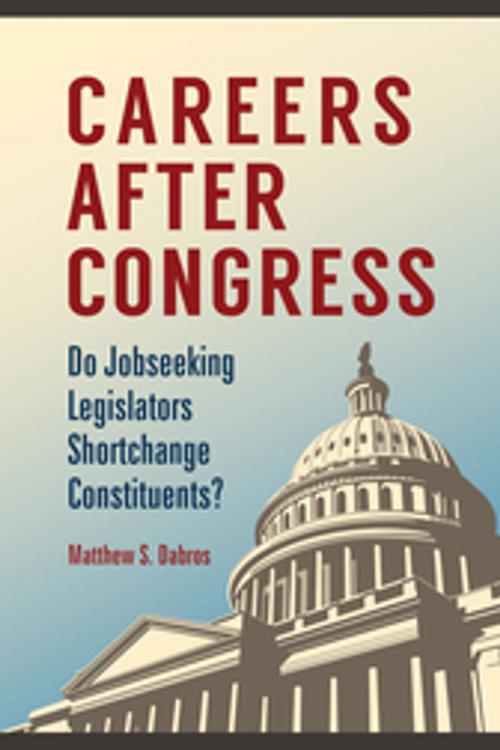


![Cover of the book Encyclopedia of Latino Culture: From Calaveras to Quinceaneras [3 volumes] by Matthew S. Dabros](https://www.kuoky.com/images/2013/november/300x300/9781440800993-TToM_300x.jpg)

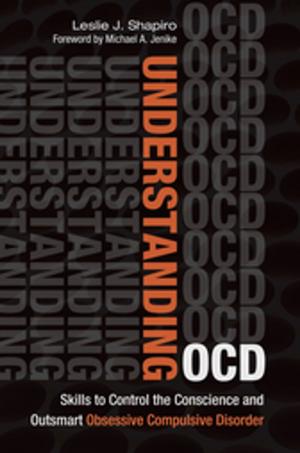


![Cover of the book Historic Sites and Landmarks that Shaped America: From Acoma Pueblo to Ground Zero [2 volumes] by Matthew S. Dabros](https://www.kuoky.com/images/2016/september/300x300/9781610697507-0Rft_300x.jpg)

